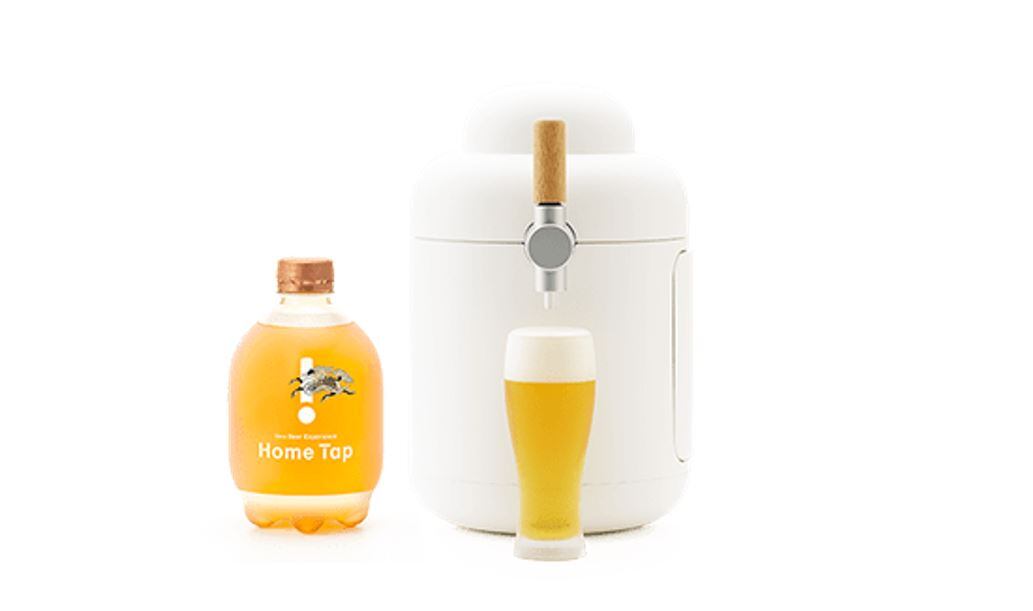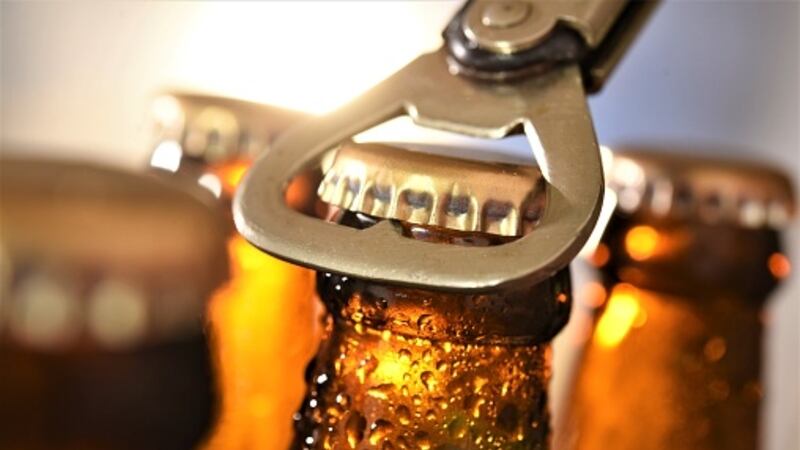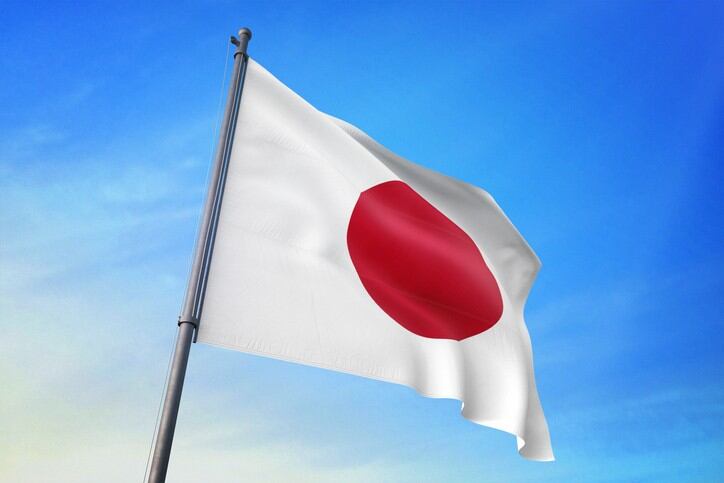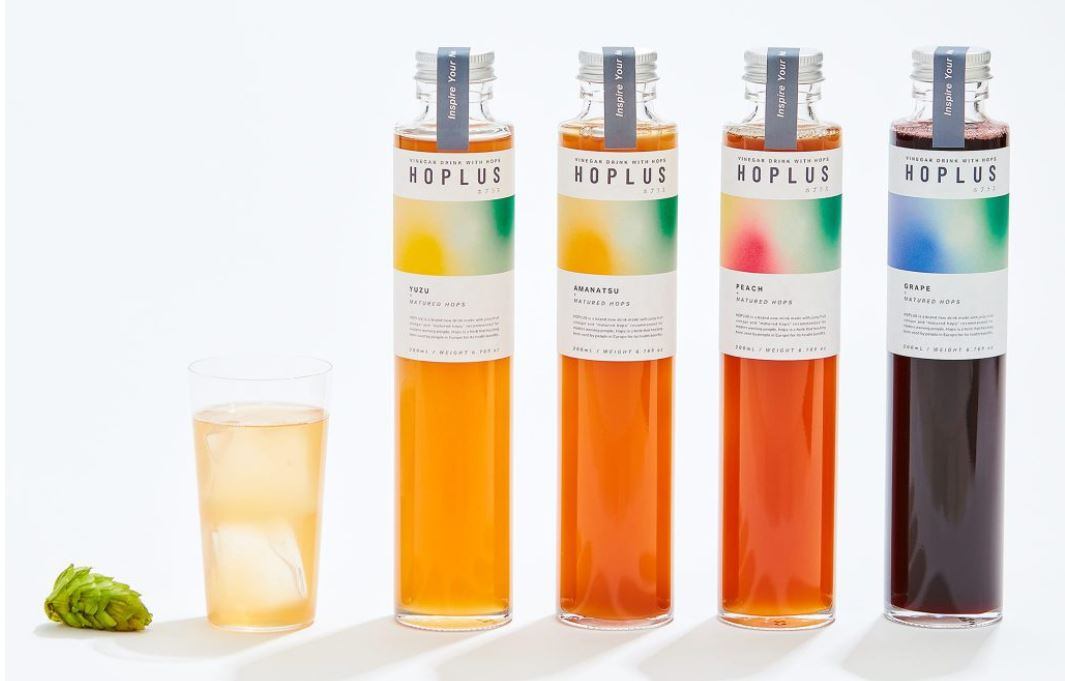Last year, Kirin Brewery saw sales decrease across its beer (-18.6%), happoshu (low-malt beer, less than 25% malt) (-2.1%), and whiskey, spirit and liquor (-10.8%) categories.
However, so-called ‘new genre’ third beer (non-malt beer), RTD (canned cocktails) and non-alcoholic beverages saw increase in sales by 4.6%, 12.3% and 10.4% respectively.
In 2021, Kirin Brewery has set positive sales targets for the beer (17.2%), RTD (4.9%) and non-alcoholic beverages (23.2%) categories.
On the other hand, it anticipates the happoshu, new genre and whiskey, spirits and liquor to underperform by -6.4%, -3.6% and -6.8% respectively.
COVID-19 impact and craft beer
While the overall domestic beer market in Japan is on a downward trend, Kirin said sales of its craft beer products increased 30% in 2020 compared to 2019, which the company attributes to rising home consumption during the pandemic.
“We believe that the market for home-use craft beer has great potential to expand,” said Ataka Takashima, from corporate communication at Kirin Holdings.
To meet its sales target this year, Kirin is working on increasing the appeal of the beer category, one of which is through its beer dispenser.
Home Tap is a home-use craft beer dispenser which can pour silky and creamy foam mimicking the beer experience at bars and restaurants.
“COVID-19 has increased the amount of time people spend at home, so there is a consumer need for more fulfilling ways to spend time at home, and created a need for high value-added beer.”
Some of Kirin’s craft beer brands include the Grand Kirin IPA, Grand Kirin White Ale and the Brooklyn Lager, which are compatible with the Home Tap service.
Tax revision
In October 2020, Japan began the first phrase of revising taxes across all the beer categories by reducing taxes on regular beer (50% malt or more) and increasing taxes for happoshu and new genre beverages.
The aim was to unify taxes across the three categories by October 2026.
With this revision, interest in beer is likely to increase, especially in canned beer. In 2020, Kirin saw its Ichiban canned beer grow 10% year-on-year.
The company expects this trend to continue in 2021.
In the happoshu category, while sales are expected to dip due to the increased tax, Kirin is hopeful the category can exceed market forecast, citing rising health consciousness among its customers for its zero to low sugar products such as Kirin Tanrei Green Label and Kirin Tanrei Platinum Double.
Sales of Kirin Tanrei Green Label managed to grow 2% last year.
Similarly, the new genre category is expected to take a hit due to the increased tax, although Kirin is also hoping to perform better than market estimates.
One of its new genre brand, Honkirin saw sales increase about 30% in 2020, despite the tax revision and COVID-19. Honkirin is a non-malt beer which mimics the taste and feel of beer.
For Kirin Brewery, the plan this year is to strengthen its core brands such as Ichiban and Honkirin, “Weak brands will be weeded out in the gradual revision of liquor tax by 2026,” Takashima said.




